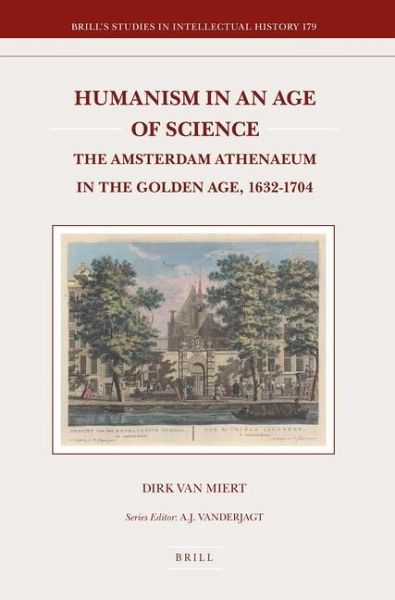Nicht lieferbar

Humanism in an Age of Science
Versandkostenfrei!
Nicht lieferbar
In 1632, the Amsterdam regents founded an Athenaeum or 'Illustrious School'. This kind of institution provided academic teaching, although it could not grant degrees and had no compulsory four-faculty system. Athenaeums proliferated in the first century after the Dutch Revolt, but few of them survived long. They have been interpreted as the manifestation of an evolving vision of the role of a higher education; this book, by contrast, argues that education at the Amsterdam Athenaeum was staunchly traditional both in methods and in substance. While religious, philosophical and scientific dispute...
In 1632, the Amsterdam regents founded an Athenaeum or 'Illustrious School'. This kind of institution provided academic teaching, although it could not grant degrees and had no compulsory four-faculty system. Athenaeums proliferated in the first century after the Dutch Revolt, but few of them survived long. They have been interpreted as the manifestation of an evolving vision of the role of a higher education; this book, by contrast, argues that education at the Amsterdam Athenaeum was staunchly traditional both in methods and in substance. While religious, philosophical and scientific disputes rocked contemporary Dutch learned society, this analysis of letters, orations and disputations reveals that a traditional and Aristotelian humanism thrived at the Athenaeum until well into the seventeenth century.



